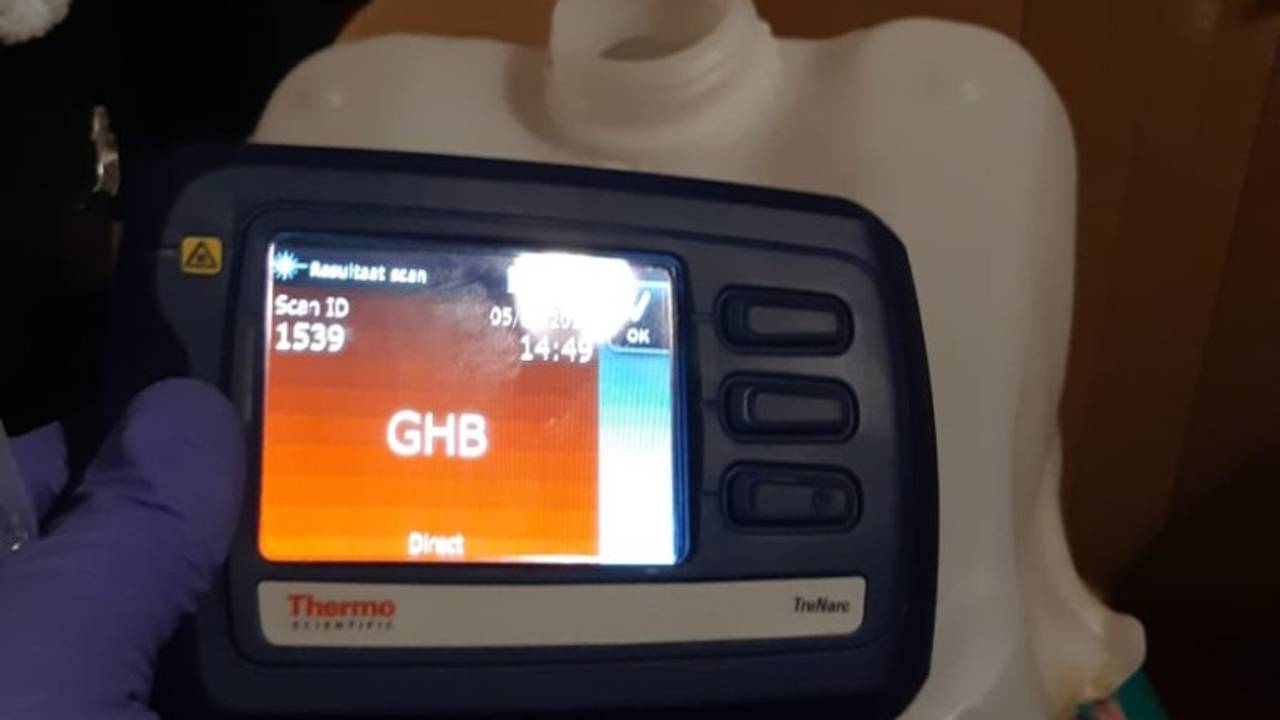This is evident from the company’s most recent annual accounts, which were made public on Friday via the Chamber of Commerce (KvK).
Online supermarket
The Dutch online supermarket was founded in 2015 by four entrepreneurs, including CEO Michiel Muller. Three years later Picnic was launched in Germany. Last year the company also became active in France.
Initially, Muller predicted that Picnic soon profit was going to run, but that has turned out differently in recent years due to large investments in growth.
–
–
Huge investment
The fresh annual accounts also show that Picnic’s financial buffers shrank somewhat in 2020. The so-called solvency decreased from almost 80 percent to more than 55 percent. That is still very solid by the way.
In addition, Picnic strengthened its equity last September, thanks to a capital injection of 600 million euros by investors. This investment is of course not yet visible in the figures for 2020.
–
–
It was not the first time that investors turned on the money tap for Picnic. They already went on strike in 2017 100 million euros in the company, again in 2019 250 million euros.
megaverliezen
Thanks to the enormous sums that investors have poured into the company, Picnic can afford to lose tens of millions of euros every year. In 2019, the delivery service recorded a loss of more than 49 million euros.
–
–
It is painful that that loss again 5.8 million euros higher turns out than Picnic reported early last year. When compiling the most recent annual figures, it turned out that a calculation blunder – a ‘material misstatement’ – had been made a year earlier.
Rekenblunder
Finally, the annual accounts show how turnover developed in the two separate markets of the delivery service.
Picnic almost sold in the Netherlands in 2020 80 percent more, resulting in a turnover of 377 million euros. The turnover in Germany amounted to 78 million euros, about 3.5 times more than the year before.
The number of Picnic employees, calculated in full-time jobs, increased from 510 to 937.
–
–


